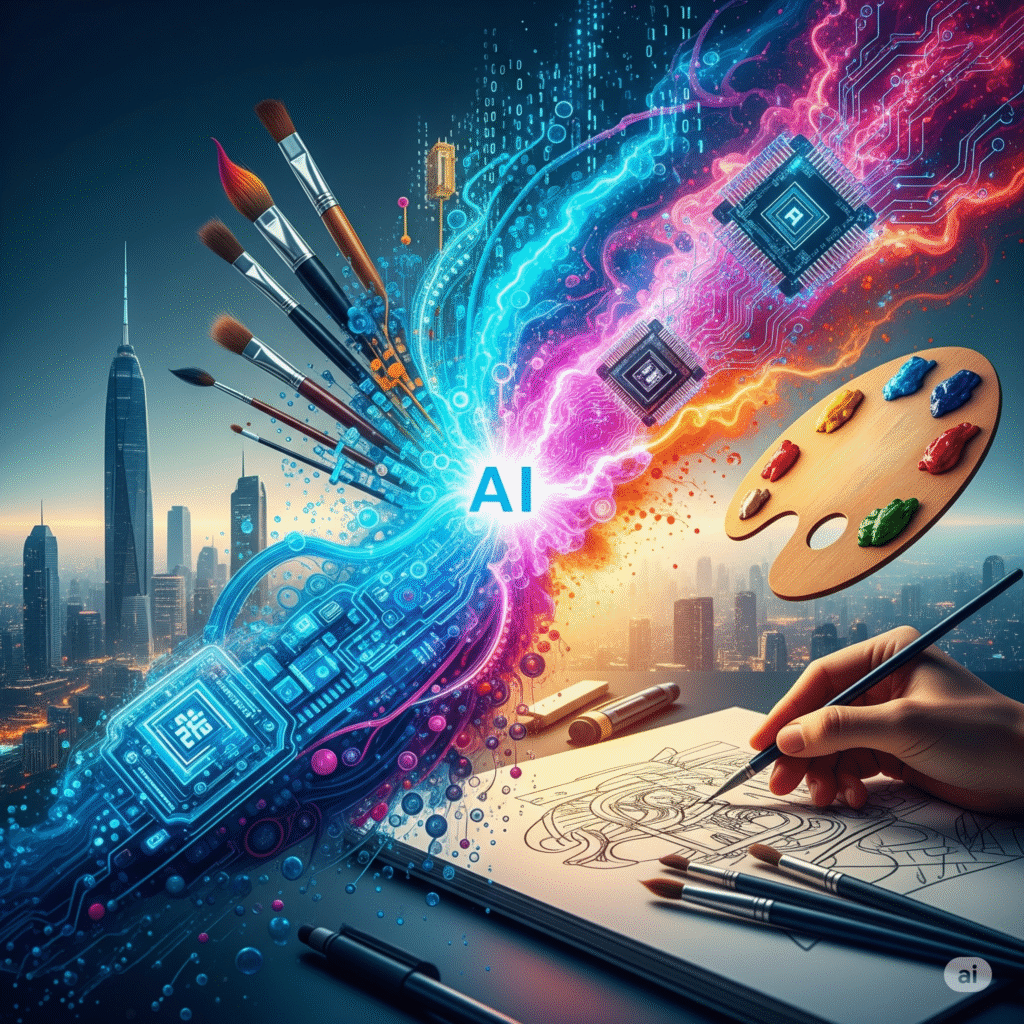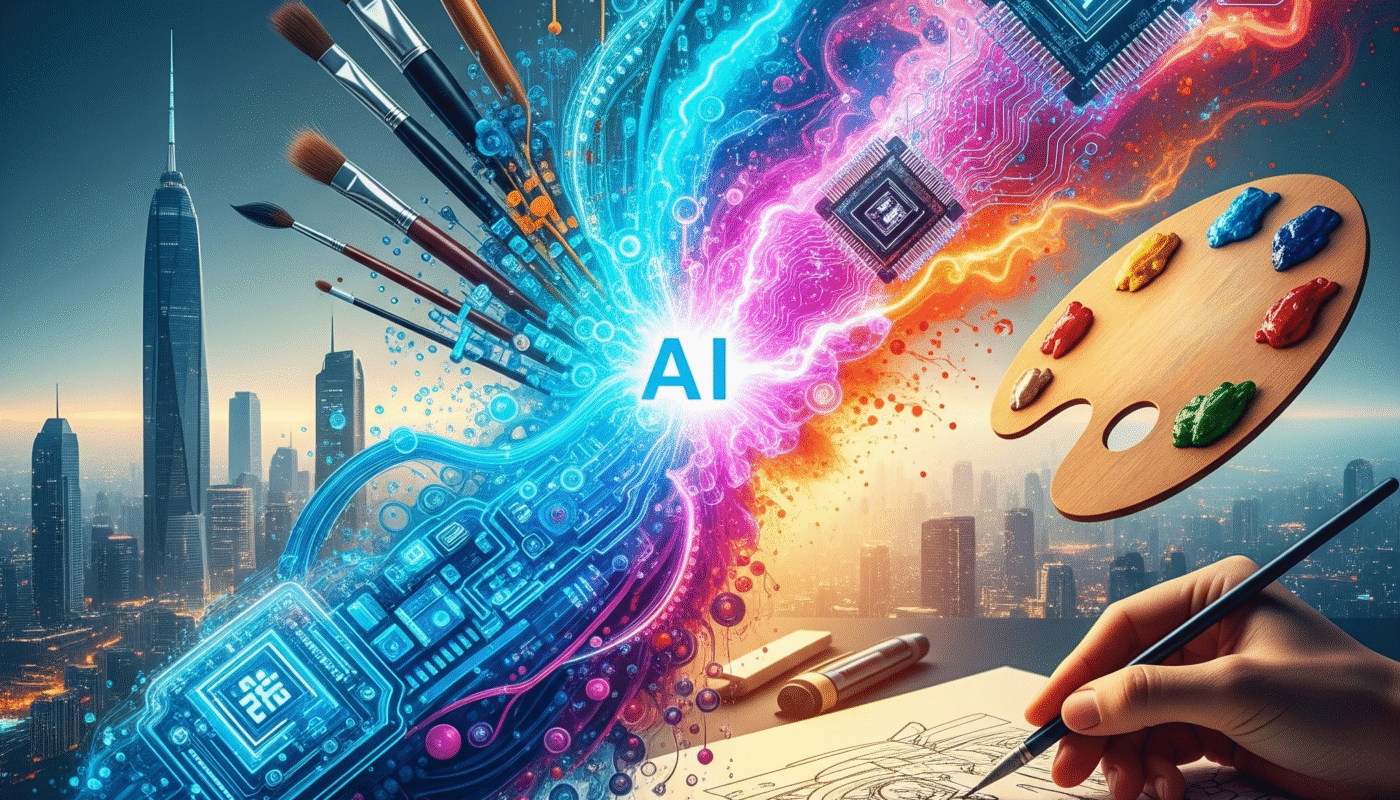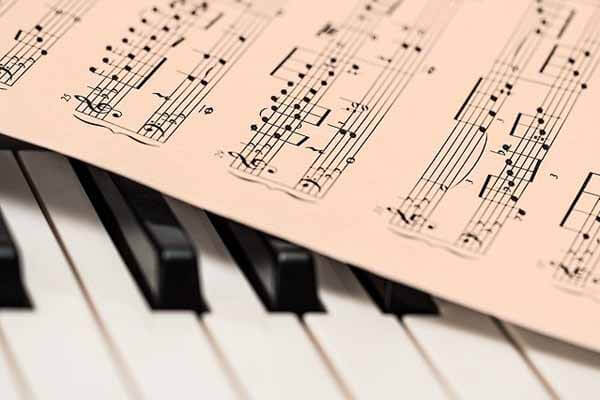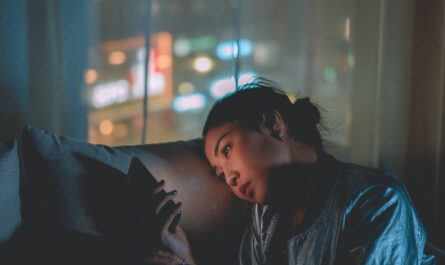
Okay, let’s talk about AI. Not the scary, Skynet-level AI, but the kind that’s popping up everywhere, especially in the worlds of entertainment and creativity. It’s a huge topic, and honestly, it’s pretty fascinating and a little bit wild to wrap your head around.
For us older teens and college students, this isn’t just some abstract concept. We’re living it. From the personalized recommendations on our streaming services to those viral AI-generated images flooding our feeds, AI is already shaping how we consume and even create. So, let’s dive into what’s actually happening and what it might mean for the future.
The Rise of the AI Co-Pilot: More Than Just a Robot Artist
First off, it’s important to understand that AI in creativity isn’t usually about a robot sitting down with a paintbrush or a guitar and just “making art” from scratch. At least, not yet in the way we traditionally think. Instead, AI is rapidly becoming a super-powered co-pilot for human creators, taking on tasks that used to be time-consuming or even impossible.
Think about visual effects in movies and games. AI is making hyper-realistic environments and character animations way faster and more efficiently. It can automate the tricky process of in-betweening frames in animation, saving countless hours for animators. Or imagine concept artists using AI tools like Midjourney or DALL-E to generate hundreds of ideas in minutes, which they can then refine and build upon. It’s like having an infinite brainstorming partner.
In music, AI can compose melodies, generate unique soundscapes, or even create full orchestral arrangements based on a few prompts. Artists are using it to break through creative blocks, experiment with new genres, or produce high-quality demos without needing a full studio. We’re seeing AI being used to analyze user preferences and generate personalized playlists, going way beyond simple genre categorization.
And then there’s writing and storytelling. While the idea of AI writing a masterpiece novel might still feel a bit far off, AI models are already excellent at generating scripts, marketing copy, or even basic plot outlines. Screenwriters can use it to explore different dialogue options or character arcs. It’s less about replacing the human storyteller and more about giving them a powerful tool to accelerate their process.
Even in live entertainment, AI is making waves. We’re seeing AI-powered virtual influencers taking center stage, interacting with audiences in real-time. Think about personalized, interactive concert experiences or dynamic stage lighting that reacts to the music in unforeseen ways, all driven by AI.
The Job Outlook: Shifting Sands, Not Empty Desks
So, the big question: Is AI going to steal all the jobs in entertainment and creativity? It’s a valid concern, and honestly, there’s a lot of debate about it. Some fear mass displacement as algorithms become more capable. We’ve already seen instances where companies opt for AI-generated visuals to cut costs, impacting freelance illustrators, for example. Similarly, writers are wary of AI churning out basic content, potentially devaluing entry-level positions.
However, many industry experts and futurists are pointing to a different scenario: job transformation rather than outright elimination. This means new roles are emerging that focus on working with AI. Think “prompt engineers” who are masters at guiding AI to produce specific creative outputs, or “AI art directors” who curate and refine AI-generated content. There will be a greater need for “reality curators” – people who can filter machine-generated ideas through a human lens of sensibility and ethical judgment. Essentially, the human touch becomes even more valuable when combined with AI’s efficiency. Roles requiring critical thinking, emotional intelligence, and genuine artistic vision will likely be augmented, not replaced. The key will be adaptability and a willingness to learn these new AI tools.
The Ethical Minefield: Who Owns What, and Is It Fair?
This is where things get a bit murky. The rapid advancement of AI has brought up a ton of ethical questions that we, as the next generation of creators and consumers, need to grapple with.
One of the biggest concerns is intellectual property and copyright. When an AI generates an image or a song, who actually owns it? Is it the person who wrote the prompt, the company that developed the AI, or does it belong to the artists whose work the AI was trained on? Many AI models learn by analyzing vast datasets of existing art, music, and literature – often without the explicit consent or compensation of the original creators. This has led to lawsuits and a lot of frustration from artists who feel their work is being used to train their potential replacements.
Then there’s the issue of authenticity and human touch. Can AI truly create art with soul or emotion? While AI can mimic styles and generate aesthetically pleasing results, many argue that it lacks the lived experience, intent, and raw human emotion that imbues art with true meaning. If everything becomes AI-generated, does art lose some of its inherent value?
Bias is another huge ethical hurdle. If AI models are trained on biased datasets (which, let’s be real, often reflect societal biases), they can perpetuate and even amplify those biases in their outputs. This can lead to problematic portrayals, stereotypes, or a lack of representation in AI-generated content. Ensuring diverse and ethically sourced training data is crucial.
Finally, there’s the question of transparency. When we consume content, should we know if it was created or heavily influenced by AI? The line between human and machine creativity is blurring, and there’s a growing call for clear labeling so audiences can make informed judgments about the authenticity and origin of the art they encounter.
The Future is Now (and It’s Still Being Written)
AI in entertainment and creativity is not just a trend; it’s a fundamental shift. It’s a powerful set of tools that can enhance human capabilities, accelerate processes, and open up entirely new avenues for artistic expression. However, it also brings significant challenges around job security, intellectual property, and ethical responsibility.
For older teens and college students heading into these fields, it means embracing a mindset of continuous learning. Understanding how AI works, experimenting with these tools, and critically engaging with the ethical dilemmas will be key. The future of creativity isn’t about humans vs. machines; it’s about how humans and machines can collaborate to create something truly groundbreaking, while ensuring that human ingenuity and ethical considerations remain at the forefront. It’s an exciting, complex, and sometimes daunting journey, but one we’re all on together.


